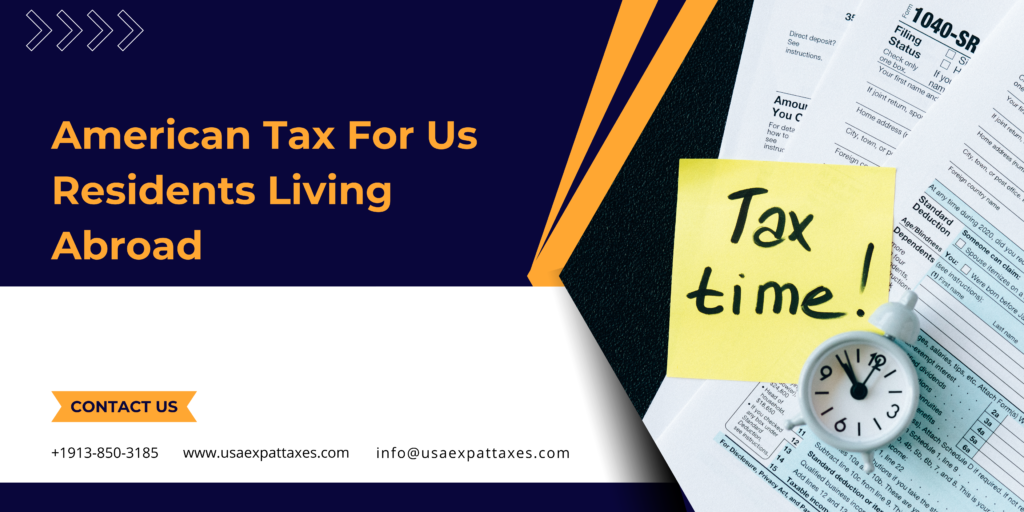In a world that is constantly evolving, tax regulations are no exception. For those living abroad, such as American expatriates, staying informed about changes in tax residency rules is crucial. With the ever-shifting landscape of global taxation, the United Kingdom has recently implemented new guidelines that impact how individuals are deemed tax residents.We’ll look at the most recent developments in this blog article and explain what they represent for American expats living abroad. We will discuss the value of services like American Expat Tax Services in navigating these challenges as we go into the specifics of the new tax residence laws.
American Expat Tax Services: A Beacon in the Regulatory Storm
Before delving into the intricacies of the new UK tax residency rules, it’s worth acknowledging the significance of professional assistance in managing tax obligations for American expatriates. American Expat Tax Services play a crucial role in helping individuals navigate the complexities of international taxation. These specialized services understand the unique challenges faced by expats and offer tailored solutions to ensure compliance with tax regulations. Now, as the UK introduces changes to its tax residency rules, the expertise of such services becomes even more valuable for those living on foreign shores.
The Main Changes to the UK’s Tax Residency Rules
- Introduction of the Statutory Residence Test
One of the key changes in the UK’s tax residency rules is the introduction of the Statutory Residence Test (SRT). The SRT is designed to provide a clear framework for determining an individual’s tax residency status. It considers things like the duration of time spent in the UK, connections there, and other pertinent information. To determine their tax resident status, persons must comprehend and accurately apply the SRT. - Impact of the 183-Day Rule
Under the new rules, individuals who spend 183 days or more in the UK within a tax year are considered tax residents. This threshold represents a significant criterion in determining an individual’s tax obligations. However, it’s important to note that other factors, including ties to the UK, can also influence tax residency status. American expatriates must carefully assess their situation to ensure compliance with these regulations. - Significant Ties and Connection Factors
The new rules place a greater emphasis on the concept of “significant ties” to the UK. These ties include family, accommodation, work, and more. The presence of such ties can impact an individual’s tax residency status, even if the 183-day threshold is not met. Understanding and evaluating these ties is essential for expatriates seeking to navigate the intricacies of the updated regulations.

Here is a Summary of the New UK Tax Residency Rules
The application of the Statutory Residence Test, the importance of the 183-day rule, and the taking into account of substantial relationships are the main updates to the UK’s tax residence regulations. American expatriates must carefully assess their individual circumstances to determine their tax residency status accurately. In this ever-changing tax landscape, seeking the guidance of American Expat Tax Services becomes paramount for ensuring compliance and minimizing tax liabilities.
As we adapt to these new regulations, staying informed and enlisting the support of specialized tax services are crucial steps for American expatriates to navigate the complexities of the UK’s tax residency rules successfully. The evolving nature of international taxation reinforces the need for proactive measures, and American Expat Tax Services stand ready to assist individuals in their journey towards financial compliance and peace of mind.
